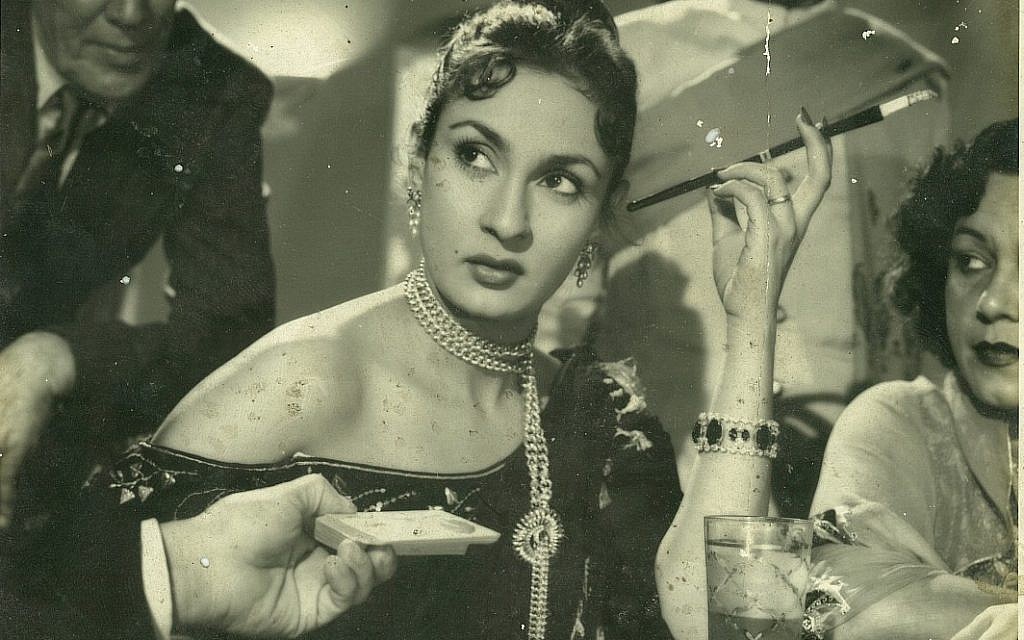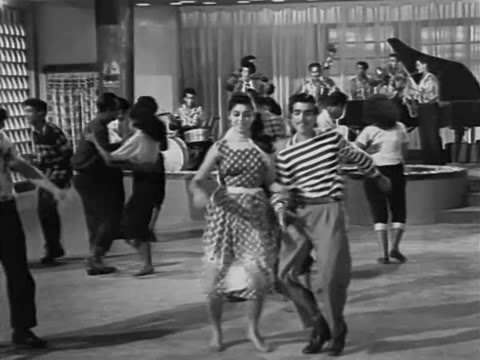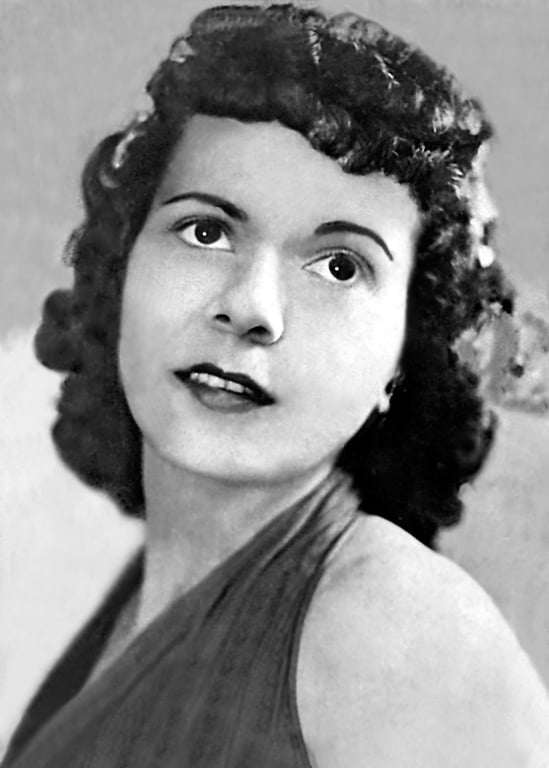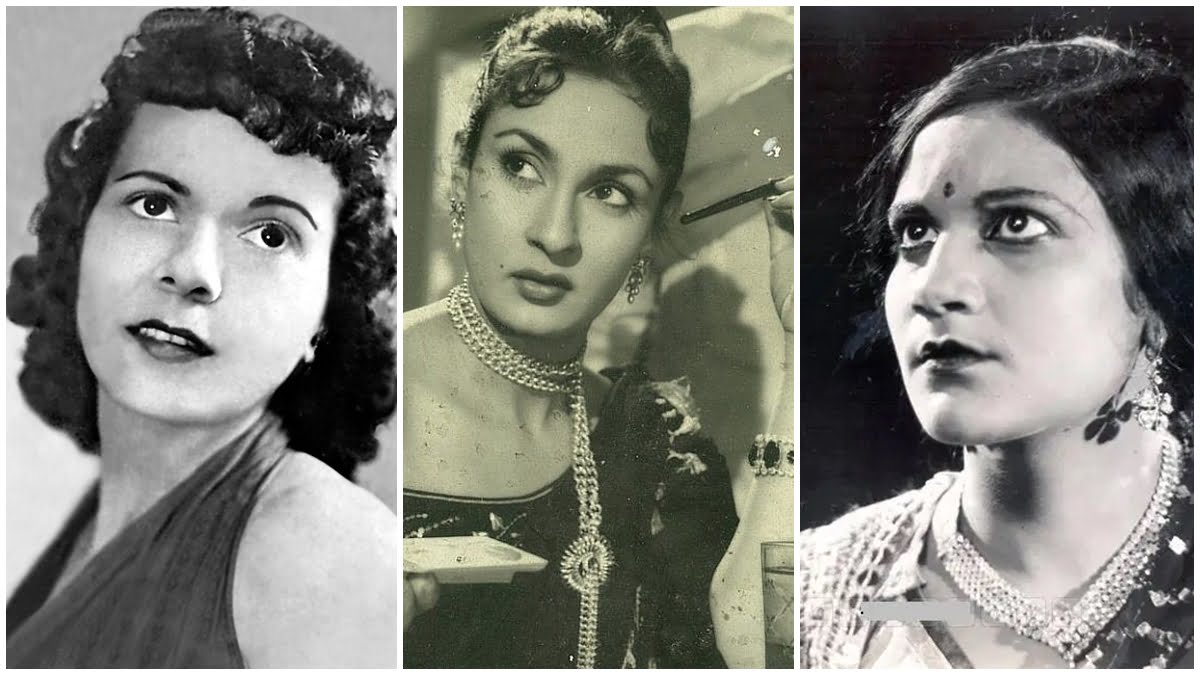When we define subcontinent history, our mind regresses to the Mughal invasions of 1526 to the partition dates of 1947. Throughout this vast span of history covering the Durrani regimes, Mughal royalties, the British reign, and the bloodthirsty politics of partition would shape the subcontinent’s destiny and ultimate divide. However, one part of our history that remains unknown to many is that of the subcontinent’s Jewish community.
South Asian Jews originate from various backgrounds including but not limited to Baghdadi, Pashtun, Balochi, Sindhi, Sephardi, Ashkenazi, and European. With some groups declaring to be descendants of Israel’s Ten Lost tribes and others asserting to have arrived in India with King Solomon’s merchants, the Jewish community are a vibrant religious community who have played a crucial function with regards to merchant trade routes, and also influencing the mindsets of our orthodox film industries and cultural enrichment.
The earliest days of Bollywood were defined through traditions, yet minute acts of rebellion against patriarchal notions. Misogynistic mindsets, along with orthodox attitudes of honor, governed the cultural sphere of the public, so most religious communities were enraged at the thought of women performing in film industries. However, the Jewish community was somewhat more progressive, so Jewish women evaded community resentment and set the foundations for cinema.
Also read: Ruby Myers: The Jewish-Indian Mega Film Star We Don’t Remember
Eminent Jewish actresses who dominated the industry include Nadira, Sulochana, Miss Rose, and Pramila. Sulochana, born Ruby Myers, hailed from the silent film era. Initially, she was in opposition to acting, apprehensive that her reputation would be tarred if she were to shatter restrictive cultural boundaries. Eventually, she would go on to become a mega-star who would receive the DadaSaheb Phalke Award.

Throughout her career, she would act in several films, ranging from “Cinema ki Rani” to “Anarkali.” One particular film that deserves much more recognition is the “Wildcat of Bombay”, a movie in which Sulochana would play the role of eight different characters. Though her story is widely unknown today, she was exceptionally triumphant during her time. Her forgotten legacy is well-recorded through history, as it is reported that at one point, she managed to earn more money than the governor of Bombay.

Nadira’s film era came after Sulochana, but she also managed to defy misogynistic mindsets by participating in roles deemed unsuitable for women. Hailing from a Baghdadi Jewish family, her career instigated after her role in the 1952 Bollywood adventure film, “Aan.” In the well-renowned film “Shree 420”, Nadira paralleled femininity with scandal when she dauntlessly held a cigarette in one hand and a whisky glass in another. As her film achievements soared, she purchased a Rolls Royce and was one of the first Indian actors to do so. Similar to other stars, her ethnic background was Baghdadi. Despite leaving vast legacies in the film industry, her final days were defined through loneliness, as most of her relatives had fled to Israel.

Pramila, born Esther Victoria Abraham, was an actress whose captivating looks would win her the Miss India beauty pageant of 1947. Apart from acting in movies, she was also one of the earliest female film producers of Hindi cinema. Throughout the course of thirty films, she would act as a stunt star. Her introduction to the film industry came from dancing in a Parsi theater company. At one point, Morarji Desai, the then chief minister of Bombay, would have her arrested on suspicions that she was a spy. Well-known films she took part in include “Mother India”, “Naseeb”, “Aap Beti”, and “Basant.” Her son Haidar Ali was also an actor, renowned for writing the storyline of the esteemed historical drama, “Jodha Akbar.”
Also read: From Esther Victoria Abraham To Pramila – The First Miss India
Moreover, the spark that lit the flame for Bollywood’s contemporary musical melodies and majestic dance formations was from the 1931 film, “Alam Ara”. With the foundation of a traditional Parsi play script compiled with forbidden romances set in the era of royal kingdoms and faqirs, the film was a superhit that endured so much acclaim that police aids were vital to supervise the crowds. The blockbuster was India’s first talkie, written by Joseph David Penkar, a Jewish lyricist and playwright.

Herman Benjamin was the choreographer for several dance numbers ranging from the 1950s to the 1970s. Originating from the Bene Israeli community, he entered Hindi cinema after he mastered the art of dance. One of the most notable roles he partook in was his appearance in the 1965 thriller, “Gumnaam.” Some of his work prospered to the western world and in 2001, his song “Jaan Pehechan Ho”, was featured in the opening scene of Ghost World.

Rachel Sofaer was a prominent actress hailing from the silent movie era. Born to a Jewish family residing in Calcutta, she entered the film industry at the age of 18 through her work in “Punarjanma”, the first Bihari film. Known by her stage name Aarti Devi, she produced three silent films. Her earnings from acting were an alignment for the Sofaer household. After marriage, her career ceased. One of her most famed works of art includes the 1930 film, “A Man Condemned.” Tragically, she died in 1948 giving birth.
In the early 1900s era, a new genre of filmmakers would also emerge. Ezra Mir, born Edwyn Myers, was a Jewish Indian film producer. During his stay in New York, he directed the 1929 film, “The Symbolesque.” After returning to India, his films were immersed in Hindi and Parsi theater. In 1940, he joined the Film Advisory Board in which he produced over 170 films. Despite the political instability under the untamed battle between colonialism and its opposition, he produced several war documentaries. In 1970, he obtained the Padma Shri.
One of the most recent actresses who left a legacy on the industry was Pearl Padamsee, the daughter of a Jewish mother. Her jubilant personality and angelic facial expressions enlivened Indian cinema. Some of her most distinguished films include, “The Perfect Murder”, “West is West”, and “Such a Long Journey.” Her son Ranjit Chowdry was also an actor who appeared in “Khatta Meetha”, two episodes of The Office, “Khubsoorat”, etc.
Despite providing the Subcontinent with the mystical legend Sarmand Kashani, enriching the only prominent film industry of Bollywood, enhancing the merchant trade routes since the sixth century, and constructing magnificent Synagogues such as Keneseth Eliyahoo, so many of us continue to be unaware of the origins of the Jewish community. With the global rise of Anti Semitism, it is essential that we discover how the uniqueness of Jewish history has shaped our South Asian identity.




